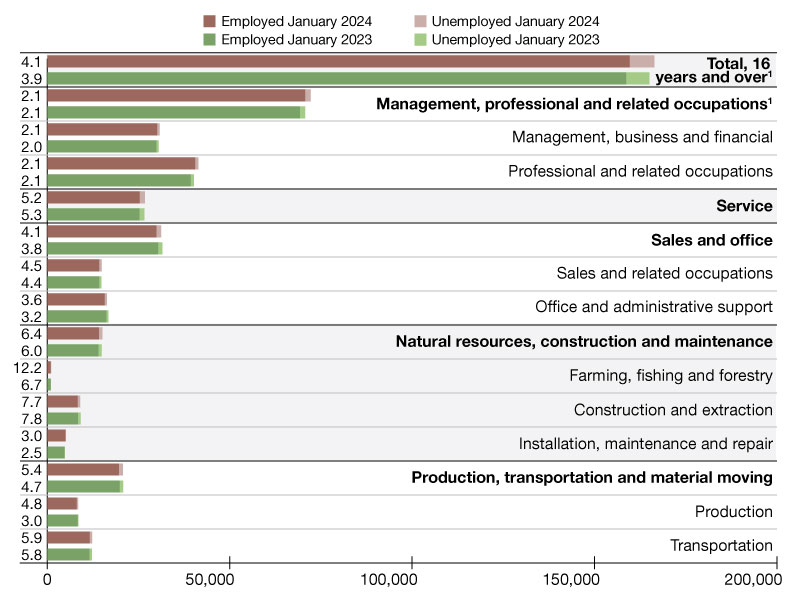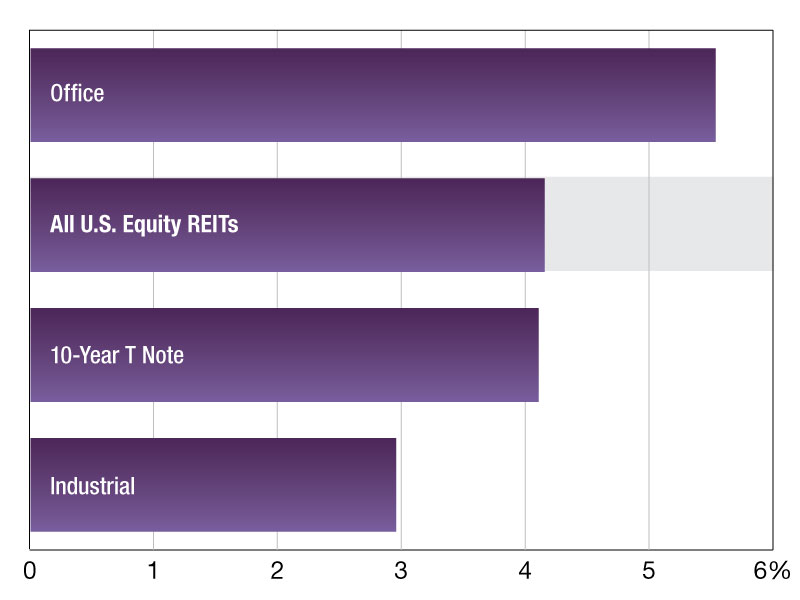Marriott Secures $1.5B Revolving Credit Facility
The hotel giant expects the new financing to help with liquidity as it grapples with closed hotels and declining RevPAR and occupancy rates.
Looking to shore up its liquidity as it deals with the significant impact the COVID-19 pandemic has had on its bookings and the overall hotel industry, Marriott secured a $1.5 billion 364-day revolving credit facility and a leverage covenant waiver for its existing credit facility.
READ ALSO: How Can Hotels Prepare for an Optimized Recovery?
While it is still finalizing its first-quarter data, Marriott has released some initial figures saying it expects to report worldwide RevPAR will be down about 23 percent and North American RevPAR will drop by about 20 percent for the first quarter 2020. Marriott noted the company began to see more significant occupancy and RevPAR declines in March as the pandemic accelerated around the world. The company expects to report March RevPAR was down about 60 percent worldwide, reflecting declines of about 57 percent in North America, 71 percent in Europe, 57 percent in the Caribbean and Latin America and 56 percent in the Middle East and Africa. In Asia Pacific, March RevPAR was down about 74 percent overall, with declines of 83 percent in Greater China and 68 percent in the rest of Asia.
The company said that about 25 percent of its more than 7,300 hotels around the globe are temporarily closed due to the coronavirus. Marriott said it anticipates further hotel closures and RevPAR erosion and does not expect any marked improvement until the spread of the virus has moderated and governments have lifted restrictions.
The company stated it cannot presently estimate the financial impact “of this unprecedented situation, which is highly dependent on the severity and duration of the pandemic, but expects that it will continue to be material to the company’s results.”
Ups and downs
There was some good news from Greater China, where COVID-19 first started to have an impact in late January. Marriott said RevPAR trends have been steadily improving through March and into April. Occupancy rose to about 20 percent in the first week of April, as quarantine measures and travel restrictions eased and workers returned to their jobs. The company reported the number of closed hotels in Greater China has declined from more than 90 in mid-February to less than 20 today. During a recent holiday weekend on April 4 and 5, more than 20 hotels in leisure destination markets had occupancy of more than 60 percent, including eight that were sold out.
Occupancy levels around the rest of the world have not stabilized. In North America, occupancy levels are around 10 percent and more than 870 hotels, or 16 percent, are temporarily closed, with more closures expected. Occupancy in Europe is under 10 percent, with about 500 hotels, or 79 percent, temporarily closed. The Middle East and Africa regions have approximately 150 hotels temporarily closed, or 54 percent. In the Caribbean and Latin America, nearly 200 hotels, or 69 percent, are temporarily closed. Looking forward, Marriott said many group customers are tentatively rebooking for later in the year and group cancellations for 2021 have not been significant. However, the company is still seeing historically high levels of cancellations for stays through June.
Guestrooms for Workers
Marriott is participating in Rooms for Responders, providing free guestrooms in some of its U.S. hotels in areas hardest hit by the pandemic. With support from its credit card partners, Marriott has committed to provide as much as $10 million worth of hotel stays to health-care workers. Marriott has also launched the Community Caregiver Program in the U.S., Canada, Caribbean and Latin America, which provides guestrooms at special rates for first responders and health-care professionals. Nearly 2,500 hotels are offering the special deal.








You must be logged in to post a comment.